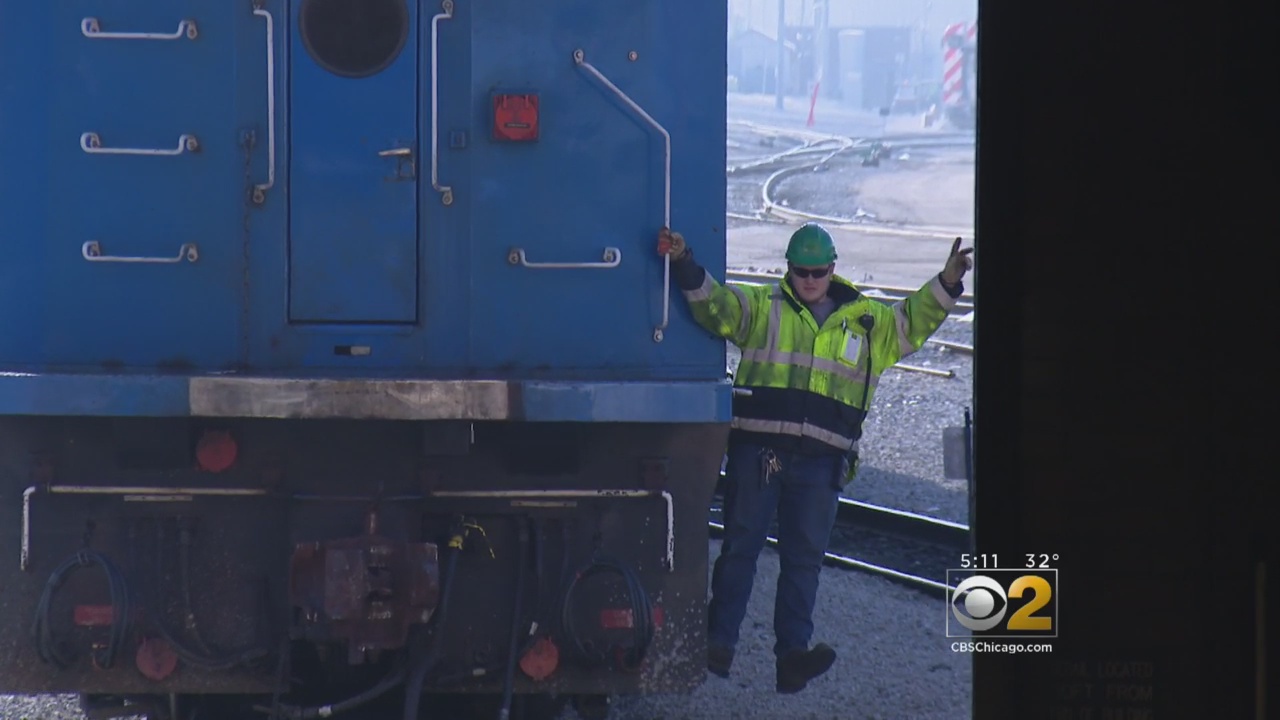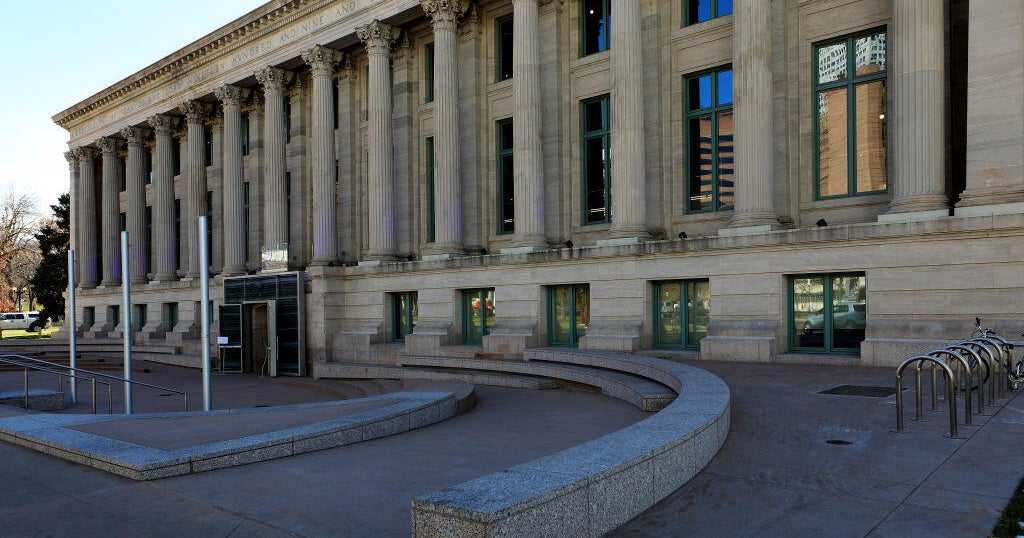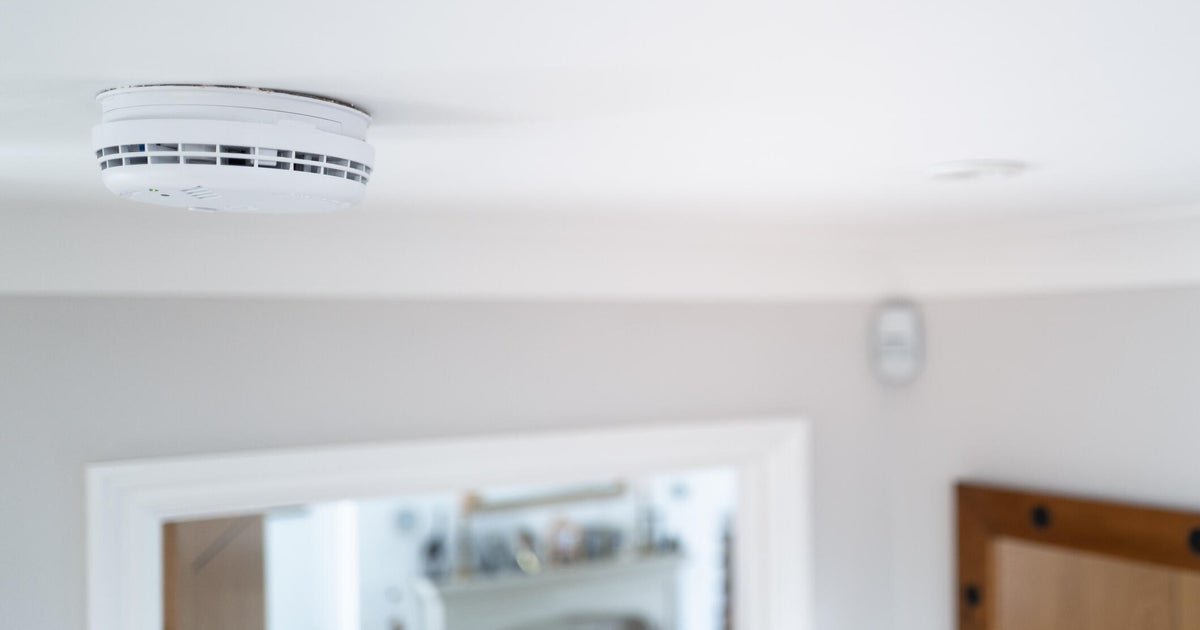Metra Still Servicing 30-Year-Old Locomotives
CHICAGO (CBS)—Money woes have forced Metra to make the most of their resources, which has meant maintaining a 30-year-old fleet of locomotives—which are well past their prime.
Metra says it needs about $1.2 billion a year to keep the current system running and in good repair. But in recent years, it's only been able to rely on about 1/6 of that each year.
In the South Loop, some trains approach Metra platforms in a condition most riders never see.
"Everything comes out that can be taken out and it's all inspected and rebuilt," said Rich Marscin, Metra project manager.

At the 47th street yard, aging locomotives are being stripped to their core, and their engines are overhauled.
"A lot of the replacement parts were very hard to find and started to cost a lot of money to procure them," Marscin said.
The price to locally build one engine is $1.5 million. A third of Metra's 150 locomotive fleet could use it.
Marscin said each locomotive should go through a rebuild every decade.
"You usually want to average about ten years is what you look for," he said.
But state budget shortfalls pose challenges, and Metra has been stretching out the rebuilds to every 12 to 14 years, it says.
"After it gets broken in, it gets sent out and starts pulling cars," Marscin said. "Pretty much the guts will get taken out and everything new will be put in."
Sometimes, depending on the age of the technology the locomotive is equipped with, a local overhaul can be considered beyond Metra's capacity.
In those cases, engines are sent to Georgia for a $2.3 million dollar rehab. The newly-modernized locomotives return with computerized systems better equipped to diagnose maintenance issues.
"It has sensors on it that will tell you the engine may have a problem you can catch the problem before it becomes a big problem on the road," said Sean Cronin, Metra senior director for capital projects.
Serviced daily, Metra insists all its locomotives are safe, but postponing their overhaul dates comes at a price.
"It really impacts reliability—reliability is the main thing," Cronin said. "But when you get into the up years in between overhaul cycles both electrical components and mechanical components have more wear and tear on them and there is more of a chance for failure."
Metra points to its Electric Service as a success story. When the state budget allocated more money to the system, Metra was able to buy computerized, high-tech trains.
Those trains have arrive on time 98 percent of the time.







